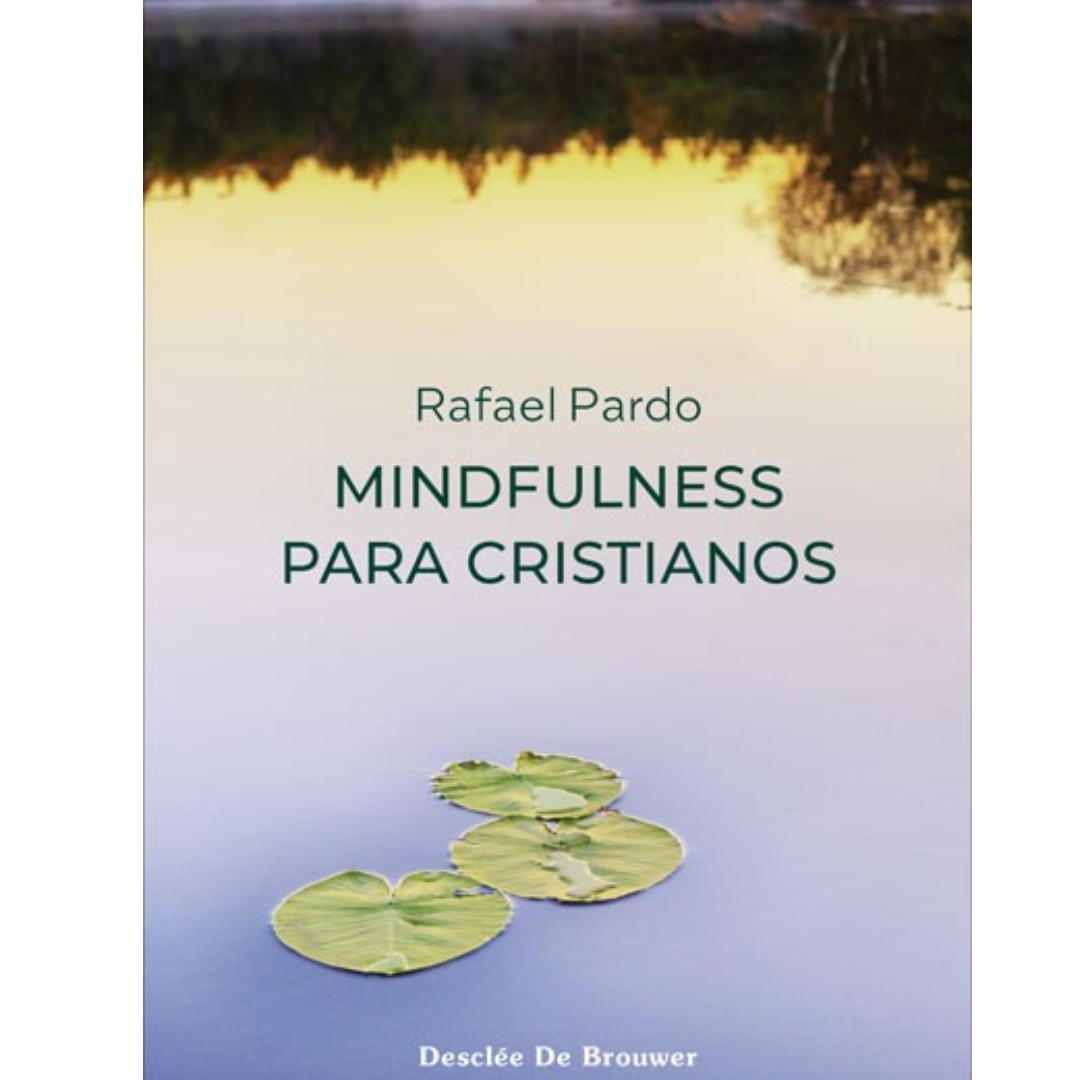“The publisher Desclée De Brouwer, attentive to the signs of the times, from the window of the ‘To the four winds’ collection, has just launched the new title Mindfulness for Christians”
“It is signed by Rafael Pardo, ‘author of numerous books on spirituality, psychology and history, establishing a dialogue between these disciplines'”
“Do I practice mindfulness or not? Will it change my psychology? Will this affect my faith?”
“The author responds with consideration and from the constructive conviction that a dialogue between Christianity and the principles of mindfulness is possible, in a simple, friendly way and with practical exercises”
“Do I practice mindfulness or not? Will it change my psychology? Will this affect my faith?”
“The author responds with consideration and from the constructive conviction that a dialogue between Christianity and the principles of mindfulness is possible, in a simple, friendly way and with practical exercises”
go ahead that “mindfulness” It has not yet been, nor for now will it be, welcomed under the wide and ecumenical protective and legitimizing umbrella of the dictionary of the RAE and of so many others in use in the Hispanic and adjacent popular language. But the point is that a hole is made in certain convivial times and spaces, and perhaps more so in which updated Christian concerns make an appearance, so it can and should be said to be on the verge of “baptism” and even academic consecration.
Always pay attention to the publisher Desclee de Brouwer to the signs of the times, especially from the window of the collection “A los cuatro vientos”, directed by Manuel Guerrero with its 107 issues already published, with notorious bibliographical satisfaction, has just launched the new title “MINDFULNESS FOR CHRISTIANS”with its 114 pages of text.
It is signed by Rafael Pardo, assiduous collaborator of the publishing house, priest, Bachelor of History from the University of Seville and Doctor in Church History, from the University of Navarra, -that everything must be said-, and who is currently completing university studies in Psychology. As a note of personal bibliographical interest, it is noteworthy that “he is the author of numerous books on spirituality, psychology and history, establishing a dialogue between these disciplines”, data and appreciation very worthy of being taken into account when selecting our readings.
“And in the meantime, us and potential readers, what? Do I practice mindfulness or not? Is it wrong if I’m a Christian? Is it a religious path? Will it change my psychology? Will this affect my faith?”
And as for the contents of a book with a title so mysterious and difficult to pronounce for your order and reference?
From the prologue – introduction I highlight some of the ideas that the same author proposes to us, after verifying that “doctors, therapists or friends” have told him that the term used has Buddhist roots, and that the education-reeducation system can cause psychological problems, as well as be sources, that affirm its effectiveness against anxiety and stress”

And, in the meantime, we and the possible readers, what? Do I practice mindfulness or not? Is it wrong to do it if I’m a Christian? Is it a religious path? Will my psychology change? Will this affect my faith?
These are questions to which the author responds with consideration and from the constructive conviction that a dialogue between Christianity and the principles of mindfulness is possiblebut doing it not from a theoretical way, but simple, friendly and with practical exercises.
And it is that faith must be cared for and re-created permanently and without sparing any means, even though some fear thus running the very distant risk of throwing themselves into the arms of Buddhism.
“christian spirituality it proposes a growth with sobriety and an ability to enjoy with little. It is a return to simplicity that allows us to stop valuing the small, to be grateful for the possibilities that life offers without becoming attached to what we have or being saddened by what we do not have, what It means avoiding the dynamics of domination and the mere accumulation of pleasures.

Free Digital Religion Newsletter
I WANT TO SUBSCRIBE

